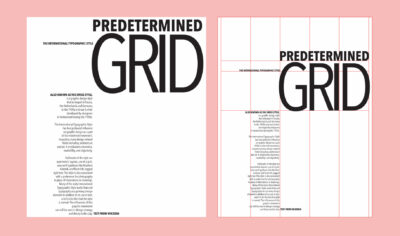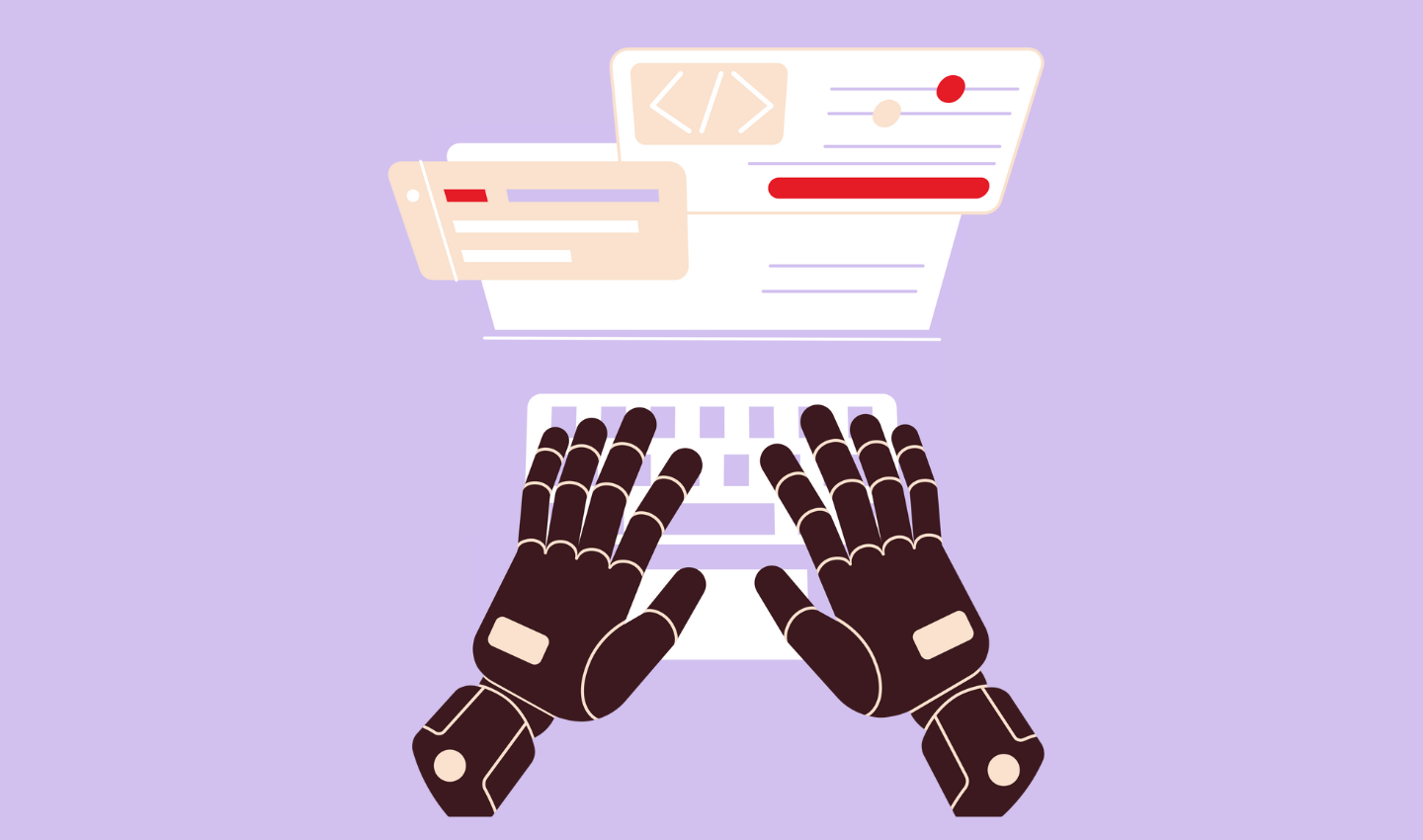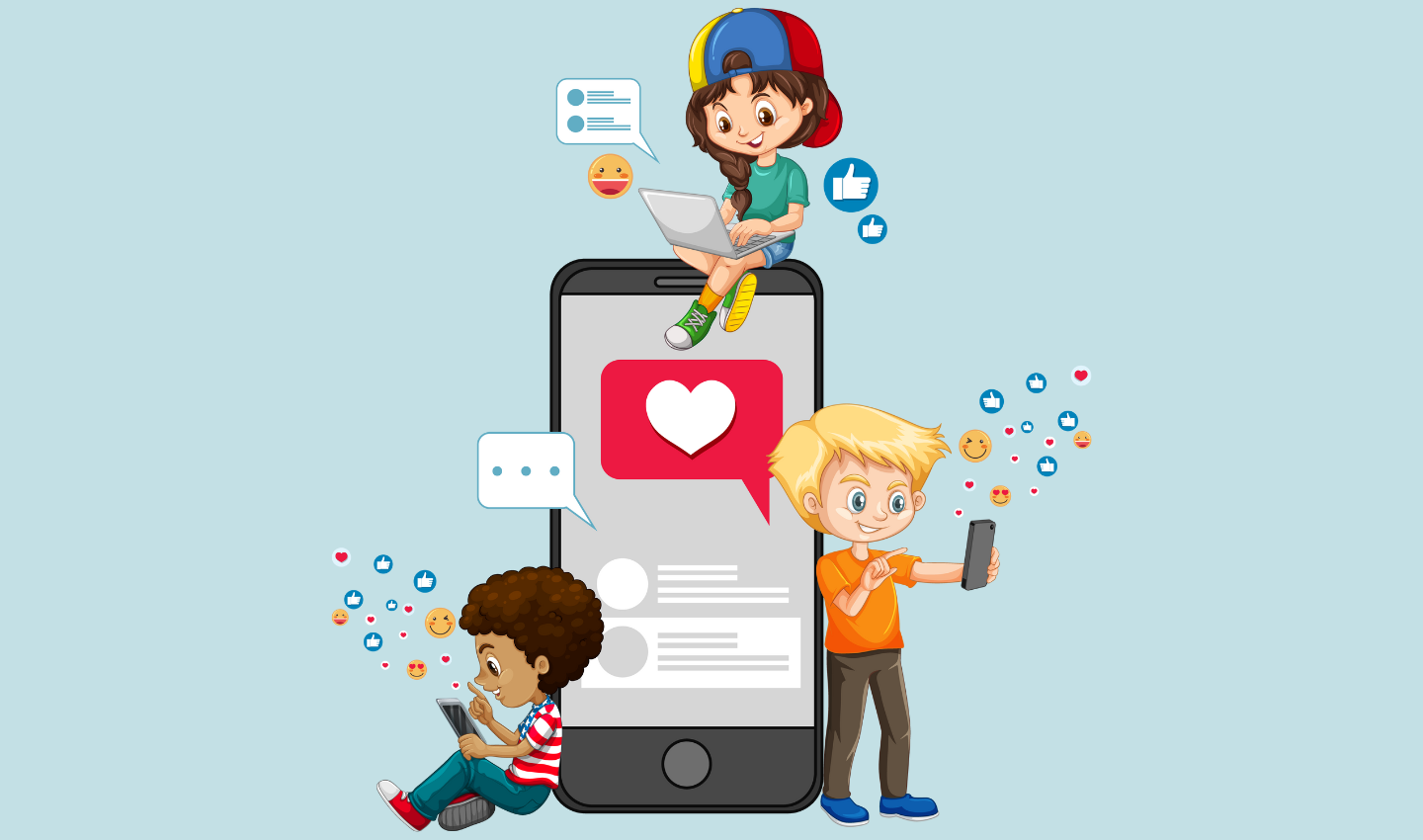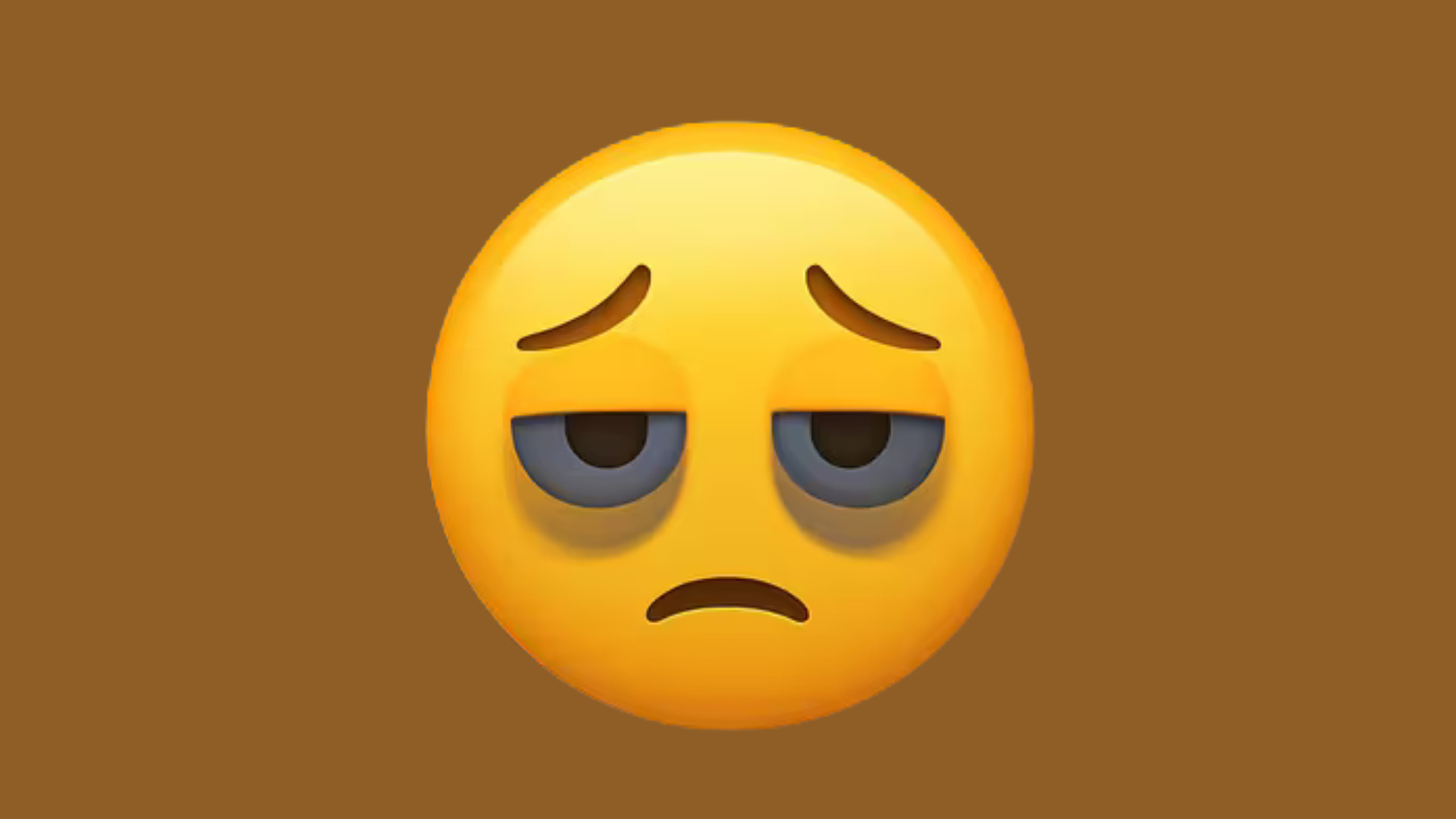
Apple’s ‘Exhausted’ Emoji: The Symbol We Didn’t Know We Needed
Have you seen it yet? That yellow face with the heavy under-eye bags that just gets you? Apple recently dropped a new emoji in iOS 18.4 called the “Face with Bags Under Eyes”, and honestly—it’s the most relatable emoji we’ve seen in a long time. It’s tired. It’s trying. It’s all of us.
So let’s talk about why this emoji matters more than we might think. Because believe it or not, it’s telling a very real story about who we are—and how we’re feeling.
Table of Contents
1. The Emergence of the ‘Exhausted’ Emoji
Released alongside quirky new additions like a shovel, a harp, and even a radish (yes, really 🍠), the ‘Face with Bags Under Eyes’ immediately stood out
It’s a classic yellow emoji face, but with a new twist—prominent, puffed-up eye bags, a slightly dazed expression, and a kind of subtle resignation. It doesn’t scream sadness. It doesn’t cry. It just… exists. Tired. Unapologetically tired.
And isn’t that the mood lately?
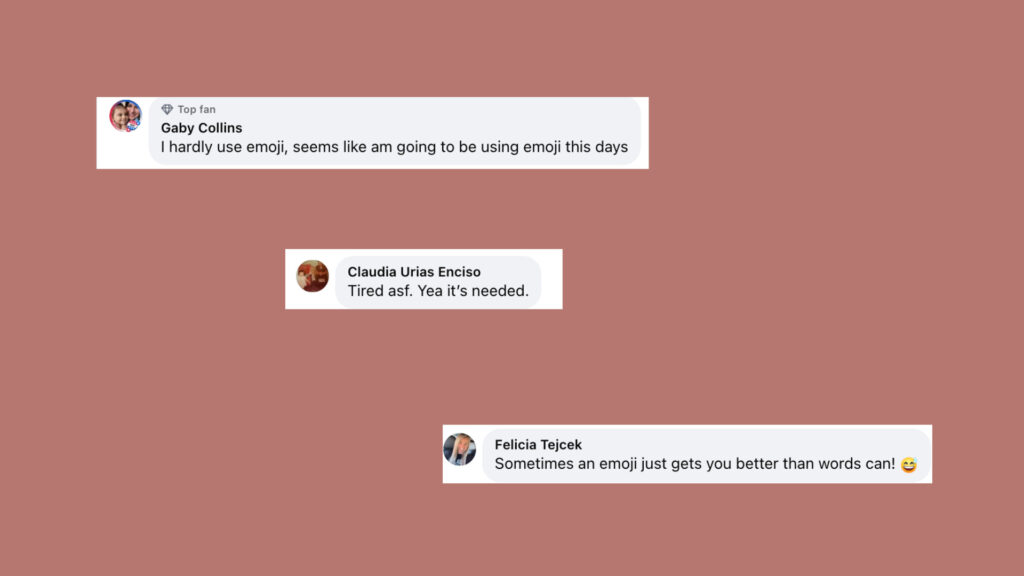
2. Cultural Resonance and Public Reception
Within hours of the release, the emoji started making waves across social media. People began calling it the “official emoji of adulthood.” It wasn’t just funny—it was deeply, hilariously real. Some therapists even joked about using it as shorthand in client notes
It’s the face of parents trying to juggle remote work and child care.
It’s the expression of students burning through another all-nighter.
It’s the modern millennial and Gen Z war cry: “I’m fine. Just… tired.”
This emoji struck a nerve—not because it’s dramatic, but because it’s subtle, familiar, and heartbreakingly human.
3. Emojis as Reflective Tools of Society
Emojis have come a long way from the days of the simple 🙂 and 😢. Today, they’re tiny digital mirrors of the human condition. Over the years, we’ve seen emojis expand to cover a spectrum of identities, cultures, and emotional nuances.
This new ‘exhausted’ face? It speaks to something very now. It’s not just an aesthetic choice—it reflects a collective cultural moment. A recognition that burnout is no longer the exception, but the norm.
Designers and Unicode Consortium members know this, too. As emojis become more inclusive and emotionally expressive, they help people feel seen—even if it’s just in a little yellow face.
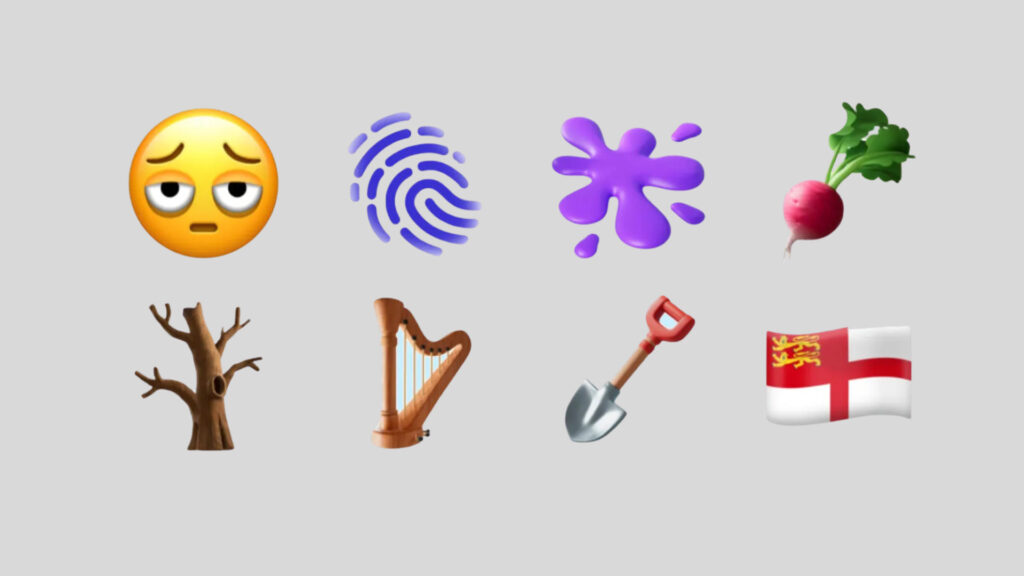
4. The Broader Implications for UX and Communication
In a world where so much of our interaction happens via screens, emojis have become a crucial part of how we communicate emotion.
And the ‘Exhausted’ emoji? It’s more than just a fun new face to toss into texts—it’s a design lesson in empathy.
By visually representing a shared, unspoken feeling, Apple is reminding us that the best design isn’t just functional—it’s emotionally intelligent. Whether it’s in a user interface or a group chat, good design understands how we feel and gives us a way to express it.
A Small Emoji with a Big Message
So, what can a tiny tired face teach us?
A lot, actually.
This emoji isn’t just about being sleepy. It’s about being human in a hyper-connected, always-on world. It’s a nod to how we’re all carrying a little extra emotional baggage—sometimes under our eyes.
And maybe that’s the power of emojis. They help us say things we don’t always have words for. As our digital conversations evolve, we’ll likely see more emotionally rich symbols like this one popping up. And that’s a good thing.
Because in the end, what we really want—whether it’s through a screen or face to face—is to feel understood.
Feeling the emoji vibes?
Let us know what your go-to emoji is when words aren’t enough.
✨ Until next time—rest up, drink water, and remember: even your emoji is tired. And that’s okay.
Take your company to the next level and get results with our world class user experience, interface design and implementation.
Get a FREE 30 min Strategy Session
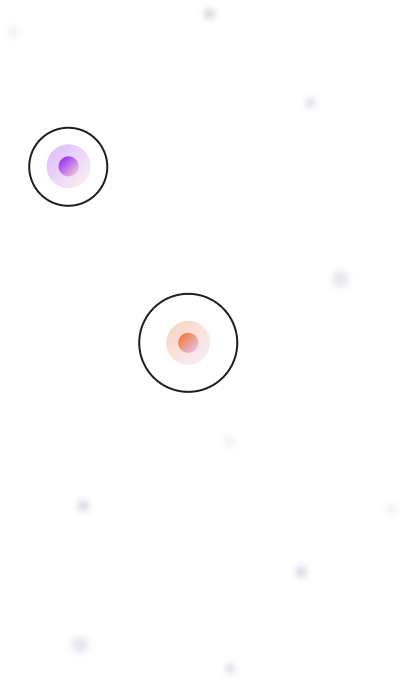
Related posts
Elevating User Experiences: How AI-Infused Design Systems Revolutionize UX
In the ever-evolving landscape of design, where user experience reigns supreme, a remarkable transformation is taking place at the intersection […]
Airbnb’s Feature Release: What can we learn from it?
Airbnb consumer behaviour has shifted and inspired product changes, with their most recent feature release being the talk of the […]
Designing UX for Younger Generations: Strategies to Create Engaging User Experiences
Designing UX for Younger Generations is both a challenge and an opportunity for modern designers. These digital natives, encompassing Generation […]
Creative product design that gets results
Take your company to the next level with world class user experience and interface design.
get a free strategy session
